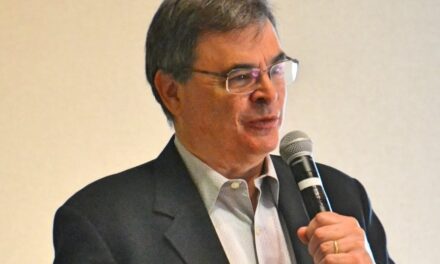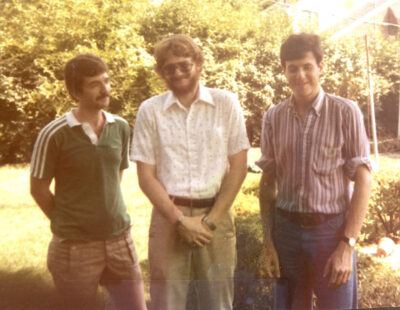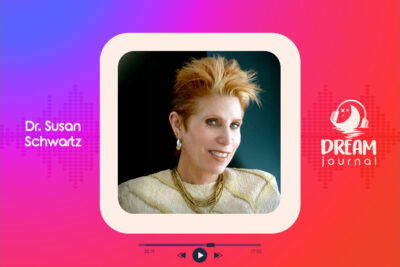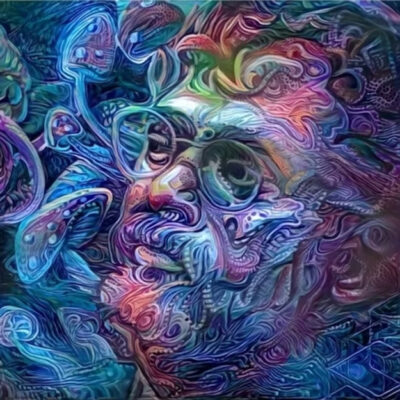
“These are genuinely remarkable people, who did achieve interesting things and come up with really fascinating ideas. If you present those ideas in the context of what was going on in their lives at the time — David Bohm was on the verge of being exiled for political reasons when he came up with this really interesting idea. Hugh Everett was this prankster who basically got in a drunken fight over the meaning of quantum mechanics and decided to stick it to the man. These are ways to take these abstruse, and really wild ideas like spooky action at a distance and multiple universes, and put them into a compelling human story.”
In What Is Real?, Adam Becker details the century-long fight over the interpretation of quantum physics — what this enormously successful theory, which has given us so much of the technology we use today, is actually saying about the world. Becker first encountered this controversy when, as an undergraduate student of physics at Cornell, a professor pooh-poohed his concerns over the implications of the standard model of quantum theory, developed by Bohr and others in the early 20th century, writing them off as philosophical questions, irrelevant to the study of science. But as Becker soon discovered, those questions were at the heart of a scientific debate that had been raging for nearly a century.
In our conversation, we talk about the social and political factors that have governed the understanding and application of quantum physics since its inception, as well as the people on both sides of the debate. Becker also talks about borrowing techniques from fiction writing to turn a true story about a complex and opaque area of scientific inquiry into an engaging narrative populated by distinctive characters.
ADAM BECKER is an astrophysicist and science writer. He has written for a wide range of publications, including The New York Times, the BBC, NPR, Scientific American, and New Scientist. He is currently a visiting scholar at the University of California, Berkeley.











